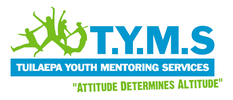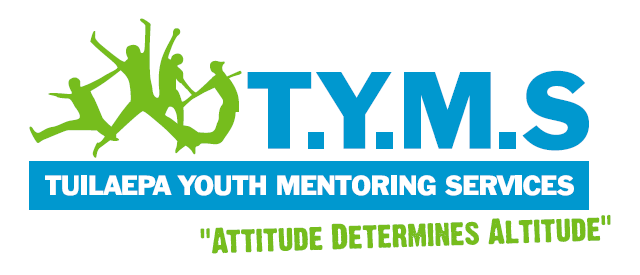|
Author: Koleta Savaii Physical well-being is central to the fulfillment of our everyday tasks and long-term goals. We need to be in good physical health to be able to go to school or work and to participate in activities with our families and friends. In turn, we feel good about ourselves, we find enjoyment in what we do, and this has spill-over effects to other areas of our lives. It benefits society.
Improving the physical well-being of the young people who come to TYMS is a major goal of our service. We accomplish this through our focus on these two areas: the executive function and social cognition. The executive function and social cognition are associated with the prefrontal cortex which is situated in the frontal lobe part of the brain. The executive function is used to describe the capacity that allows us to control and coordinate our thoughts and behaviours. These skills include selective attention, decision-making, voluntary response inhibition, and working memory. Social cognition focuses on how people process, store, and apply information about other people and social situations. The way we think about others plays a major role in how we think, feel, and interact with the world around us. Puberty, which is associated with adolescence, represents a period of synaptic reorganisation in the brain (think of electrical wires in your computer reorganising themselves). Consequently, the brain might be more sensitive to experiential input at this period of time in the realm of executive function and social cognition. What this means is that, the adolescent brain is at a pruning stage which makes it an excellent time to foster executive function and social cognitive skills, which can last into adulthood. So, where does physical wellbeing come in? Physical activity requires volition, planning, purposive action, performance monitoring, and inhibition – skills associated with the executive function. To successfully adopt or change physical activity behaviour, an individual must form a conscious intention about what activity they wish to adopt (volition), identify the sequence of actions required to achieve the intended activity (planning), initiate and maintain focus on the chosen activity over time (purposive action), compare actual progress with planned progress over time, identify and correct mistakes (performance monitoring), and overcome the temptation to remain inactive or eat an unhealthy diet (inhibition). These are the stages our young people go through when we work with them on improving their physical well-being. The great thing about these skills is that they are transferable to other areas of life where planning, decision making, etc. are needed… like Maths. Research shows that kids who engage in physical activity significantly improve in Maths compared to kids who don’t. To improve social cognition, the literature suggests that accumulating social experiences is crucial for social cognitive processes. While we have a gym on site where young people carry out their exercise regimes, our mentors also spice things up by taking the young people out to parks, swimming pools, and local sports clubs. Given that majority of the young people who come to TYMS face social exclusion in one form or another, taking them out to the community aids in re-establishing their social connections, minimising their experiences of exclusion. When we are surrounded by lots of people, it is a learning ground for our social cognitive processes. We know anger, happiness, fear and joy because we see these emotions expressed on other’s faces or in their behaviour. And we know the boundaries to our own expressions of these emotions because others act as guides, expressing approval or disapproval when we behave or act in certain ways. Social connection fosters emotional intelligence and empathy, which are essential characteristics to being a good member of society. Here at TYMS, our approach to improving our young people’s physical well-being is holistic. It is about good physical health on top of fostering executive function and social cognition skills. These skills combined will enable our young people to reach their full potentials and secure positive futures.
0 Comments
|
Categories
All
Archives
June 2018
|
What Our Clients Are Saying
|
Contact Us |








 RSS Feed
RSS Feed
